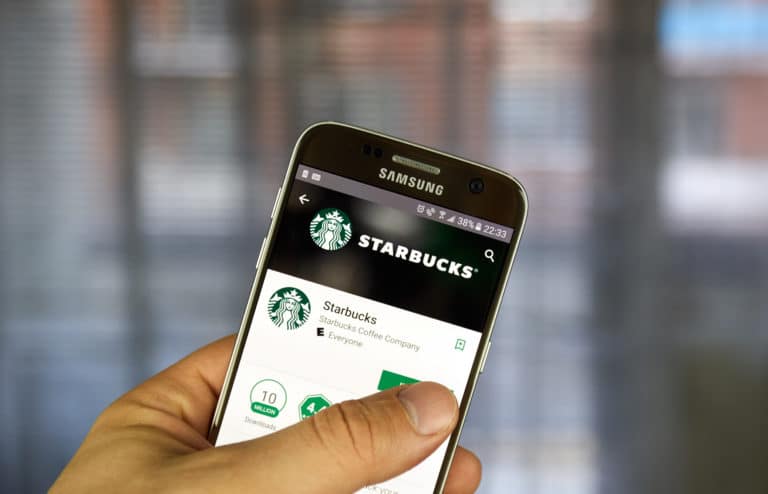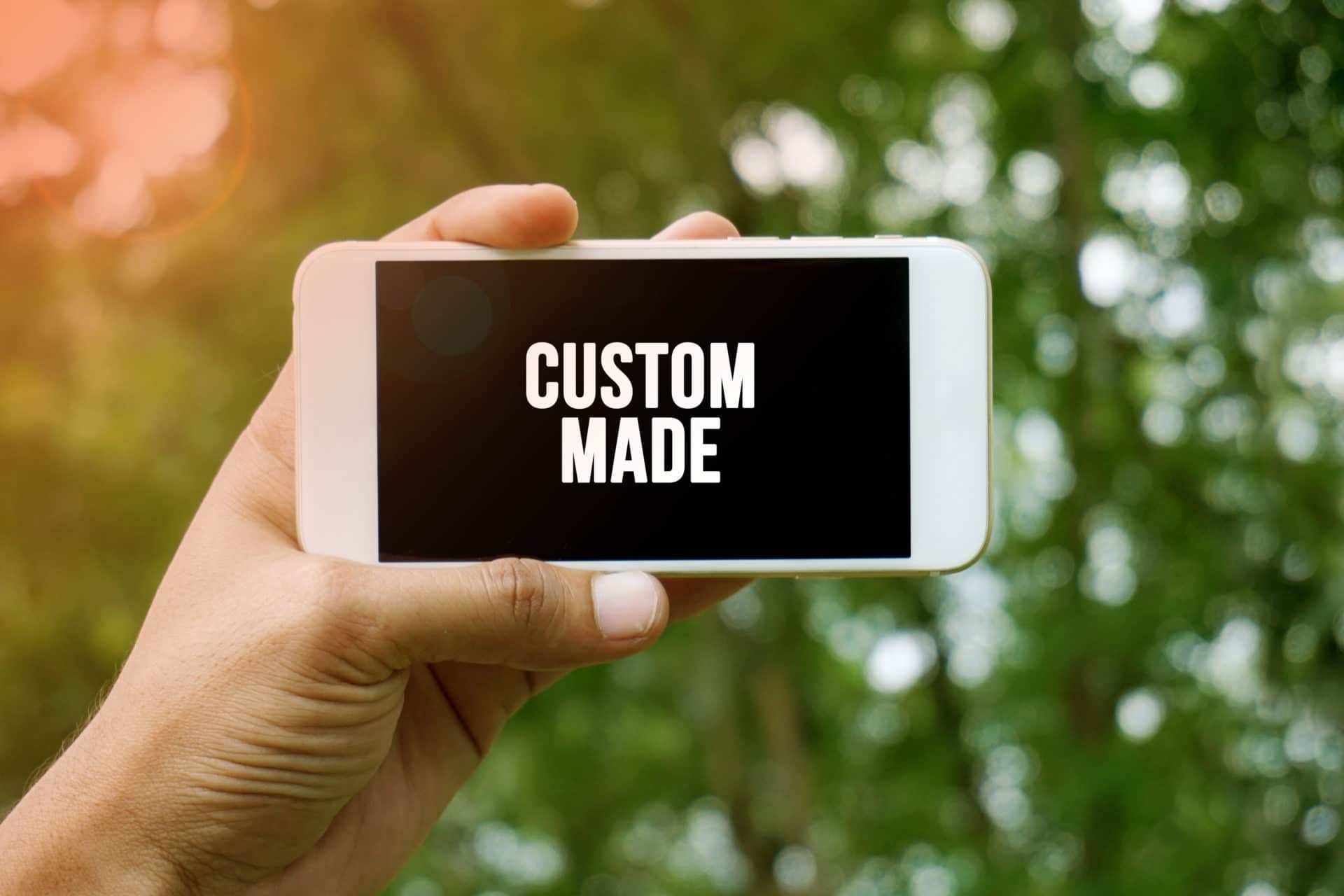Restaurant owners often contemplate should they build their own custom mobile app for their business or move forward with an existing partner mobile app that is already integrated into their Square point of sale system?
Mobile shopping has increased substantially over the past few years, with companies of all kinds jumping on board. It’s predicted that 54% of all ecommerce sales will be mobile by 2021 – which is both a good and bad thing for quick-service restaurants (QSRs).
While it’s good that QSRs are beginning to get in on the value of mobile ordering, the market has become saturated with mobile apps to the point where they don’t offer quite the competitive edge they used to. There are just too many people doing it. As such, companies exploring the space need to review all their options and come up with the right strategy before committing resources to app development.
And fortunately, there are lots of different roads that can lead to a well-functioning mobile app these days. Many companies invest in their own custom applications while others work with companies to integrate third-party mobile apps into their QSR infrastructure. Both options are valid, of course – but which is better for the average business?
Should I develop my own mobile app?
It’s pretty clear that having your own mobile app offers the most comprehensive customer experience out there. With your own custom mobile app, you can design your storefront the way you want, manage details at a granular level, and integrate new applications as needed to encourage mobile purchasing.

In other words, it offers the highest level of customization of any type of mobile solution. So, why the heck aren’t more businesses doing it? Probably for the same reason you didn’t build your own point of sale solution…
(Those of you who have been here before may already be shaking your heads.)
The problem is the cost and ongoing maintenance. It’s no secret that building a custom mobile app from the ground up is an expensive endeavor, usually costing tens of thousands at the absolute minimum (and can be much higher). For enterprise-grade applications, the numbers can skyrocket to six figures or more. Few businesses have enough resources to invest so heavily in omnichannel marketing, despite its benefits. The cost of custom features, API integrations, and payment processing are just too high. And really, the up-front costs are only the beginning.
What kind of maintenance will your new custom mobile app require? Who will be handling security and support? And what kind of systems will you need to set up to process mobile payments offline?
These are just a few of the obstacles businesses encounter as they begin planning their mobile apps, and the challenges compound as the app develops. After all, building it is just the first step. You also need to get people to use it! This is another big stumbling area for companies that put too much weight in the application planning process and neglect their post-launch marketing plans. The development costs of custom apps are high, and without a strong mobile marketing plan behind it, few companies earn an ROI for their troubles.
So, should you develop a custom mobile app? The answer is likely no. Unless you have deep pockets and plenty of time to develop a comprehensive marketing strategy, you’ll be better off exploring existing Square integrated solutions.

Should I go with a branded mobile app?
Custom mobile apps are great for big businesses, but what about smaller QSRs with less capital to burn? In these cases, it pays to look at options that give you the benefits of mobile without huge investments of money or labor.
These solutions usually integrate with various point-of-sale systems to expand the QSR’s capabilities within a stable ecosystem. Square’s point-of-sale (POS) system is one such solution, powered by a partnership with mobile app integrator PoppinPay. This partnership brings mobile order-ahead capabilities to any company using the Square POS.
Compared to the costs of a full application build, it’s clear that this approach is leaner and meaner. You don’t have to worry about any aspect of the app’s development, as it’s all done for you behind the scenes. With just a few simple integrations (and within 30 days, so long as Apple plays nicely when submitting to the app store), your QSR can gain access to a mobile order-ahead solution that enables both mobile and online ordering features – exactly what QSRs need to compete with larger opponents.
And better yet, because this type of mobile order-ahead application works within Square’s payments ecosystem, users will never need to worry about processing payments offline or setting up new processes for saving payment details. It’s all handled right there in the app.
Of course, there are limitations to this strategy worth noting. User interface customization is limited compared to what you can do with a custom app, and you won’t be able to integrate as many features as you would into your own build. There are also costs to consider – not near as great as a whole new app, of course – but costs nonetheless. Keep these issues in mind as you consider your options. It’s still substantially less compared to a custom mobile app build.
Branded Apps Help Small Businesses Compete in the QSR Game
While larger QSRs have the resources and freedom to choose among different app development options, smaller businesses need to be more careful. When budgets are thin (especially during COVID-19), companies need to look at which specific features will boost their revenue and which solutions can bring those features to life in an affordable way. In other words, how do you get the most bang for your development buck?
This is why Square’s partnership with PoppinPay to provide mobile order-ahead features is so powerful. Square is one of the market leaders for QSR point-of-sale systems, and PoppinPay was one of the first mobile order-ahead solutions that integrates with Square’s ecosystem (like Red Bull for the energy drink ecosystem). As such, smaller QSRs using Square have a big opportunity on their hands: having access to mobile order-ahead options that have been historically reserved for larger companies with their custom mobile apps. For QSRs hoping to compete in an increasingly-crowded market and wanting to stay away from aggregator solutions, there’s nothing better.
Related Reading: 7 Incredible Facts About Mobile Order Ahead in 2020

